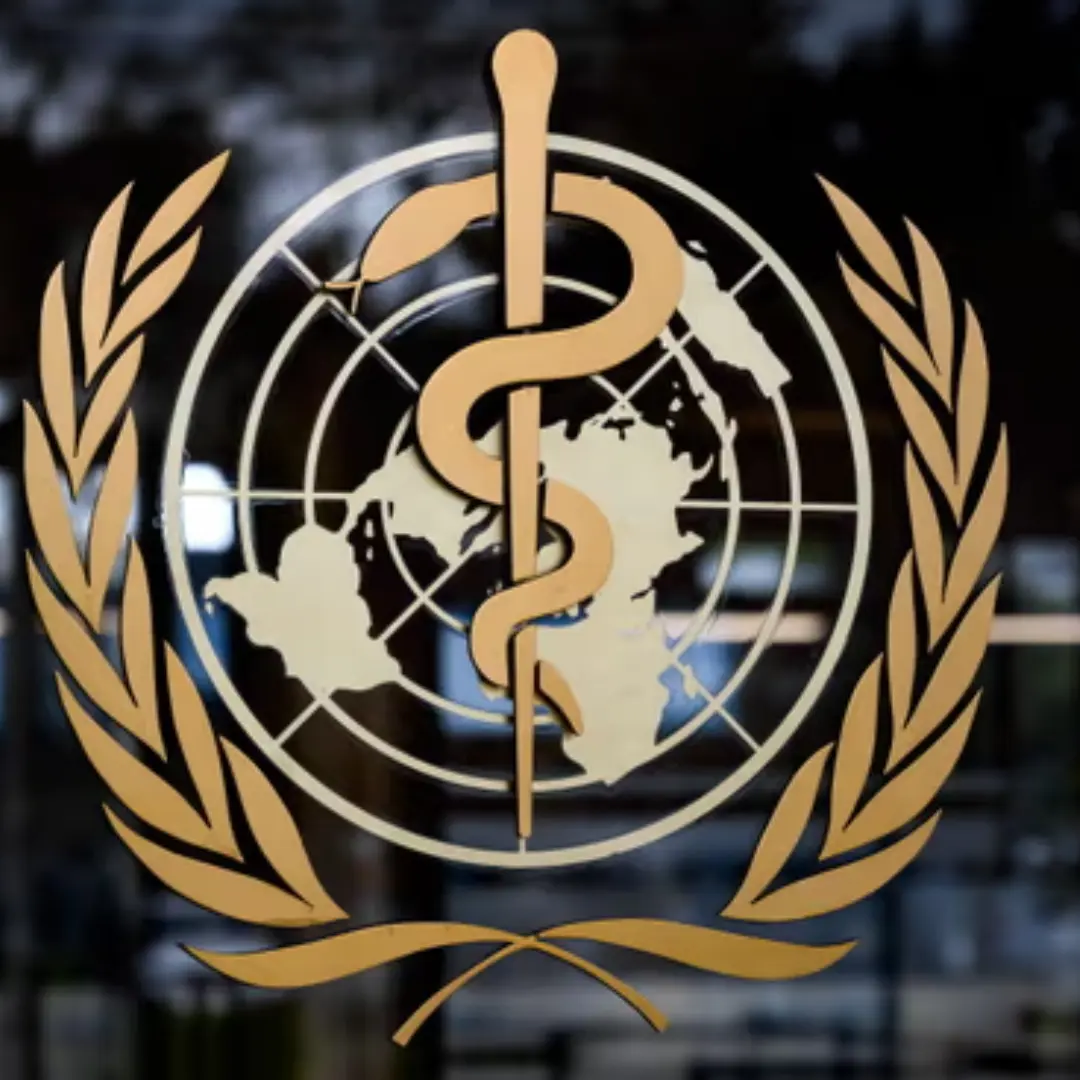The World Health Organization (WHO) has released a report identifying four major industries—tobacco, alcohol, unhealthy food, and pollution—as collectively responsible for approximately 2.7 million deaths annually in Europe. This revelation underscores significant public health concerns and emphasizes the need for targeted interventions to address these issues.
Tobacco consumption remains a leading cause of preventable deaths globally. The addictive nature of nicotine, coupled with the widespread availability and marketing of tobacco products, contributes to high rates of smoking-related diseases such as cancer, respiratory illnesses, and cardiovascular disorders. Efforts to curb tobacco use include public awareness campaigns, taxation policies, and smoking cessation programs.
Similarly, excessive alcohol consumption poses significant health risks, including liver disease, cardiovascular complications, and mental health disorders. Alcohol-related accidents, violence, and injuries further contribute to the burden of disease associated with alcohol consumption. Strategies to reduce alcohol-related harm involve implementing stricter regulations on alcohol marketing and availability, as well as promoting responsible drinking behaviors.
The consumption of unhealthy foods, characterized by high levels of sugar, salt, and saturated fats, has been linked to an increased risk of obesity, diabetes, and cardiovascular diseases. The prevalence of fast food outlets and the pervasive marketing of processed foods contribute to poor dietary habits and overall negative health outcomes. Public health initiatives aimed at promoting healthier eating habits include nutritional labeling, restrictions on advertising unhealthy foods to children, and initiatives to increase access to fresh, nutritious foods.
Additionally, environmental pollution, including air, water, and soil pollution, has emerged as a significant contributor to the global burden of disease. Exposure to pollutants such as particulate matter, heavy metals, and chemical toxins is associated with respiratory illnesses, cardiovascular diseases, and various forms of cancer. Mitigating pollution-related health risks requires concerted efforts to reduce emissions from industrial sources, improve waste management practices, and promote cleaner energy alternatives.
In conclusion, the WHO’s identification of these four industries—tobacco, alcohol, unhealthy food, and pollution—as major contributors to mortality in Europe underscores the urgent need for comprehensive public health interventions. Addressing the root causes of these health hazards requires multi-sectoral collaboration, evidence-based policies, and sustained efforts to promote healthier lifestyles and environments. By prioritizing prevention and health promotion, governments and stakeholders can work towards reducing the burden of disease and improving the overall well-being of populations across the continent.









